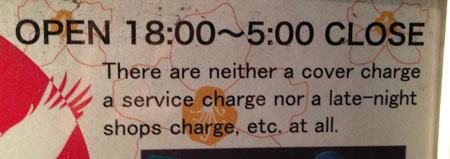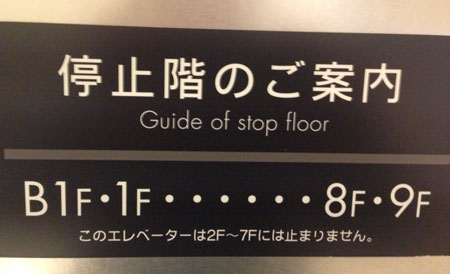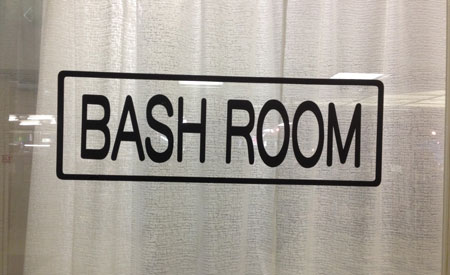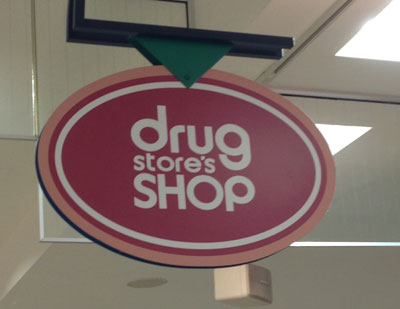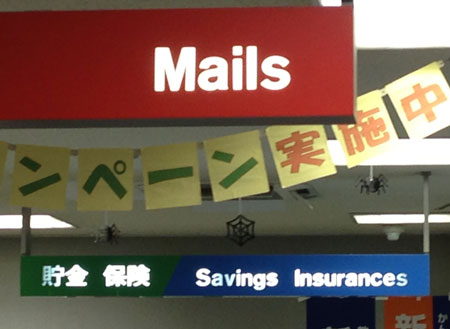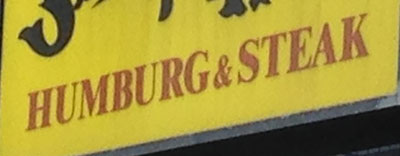
X Humberg & Steak
Tim says:
This sign reminds me of Scrooge in “A Christmas Carol” because he would say “Bah! Humberg!” … or, no, sorry, that was “Humbug”. My mistake.
Anyway, the word is spelled incorrectly on this sign. It should be “Hamburg”. Of course, it’s referring to “Hamburg steak”, a name that Americans used perhaps 100 years ago, but it’s never heard today. Perhaps this is what we now call “Salisbury steak”.
But there’s another problem with this sign. “Steak” is being used here as an uncountable noun, which is fine; it can be either countable or uncountable. However, “Hamburg” is simply a Japanese abbreviation of “Hamburg steak”; in English, we would only understand it as the name of a city! But “Salisbury steak & steak” sounds weird. Perhaps a restaurant in the U.S. would handle it this way:
O Salisbury Steak Sirloin Steak
By the way, did you know? There’s some controversy over whether “Hamburg steak” and “hamburgers” were named after Hamburg, Germany, or Hamburg, New York!
Ayumi says:
日本語では「ハンバーグステーキ」と言いますが、それだとしてもスペリングが違う! ただし、humberg, humbergerのスペリングはネット上でも多く見られる。どうしてなのか?このミススペリング。ところが、たとえHamburgとしてみても、これでは「ハンブルグ」との地名にしかならない。
初めて聞いた! “Salisbury steak” Salisburyはアメリカの栄養学者の名前から。第1次世界大戦中にドイツ語が避けられていたときに、hamburgerは、Salisbury steakと呼ばれたとのこと。。。個人的にはこの種のアメリカンフードがちょっと苦手です。
田中亜由美は「TOEICテスト クロストレーニング PART 1・2」などの本は販売中!ブログはこちら.
周囲にある英語を見て、果たしてそれが正しい英語なのだろうかと感じる英語はありますか?「あの英語は絶対に間違っている」という英語の表記はありますか?看板の写真を撮って、Machigai.comに送りましょう!とんでもない英語だったら、このコーナーで出します!




